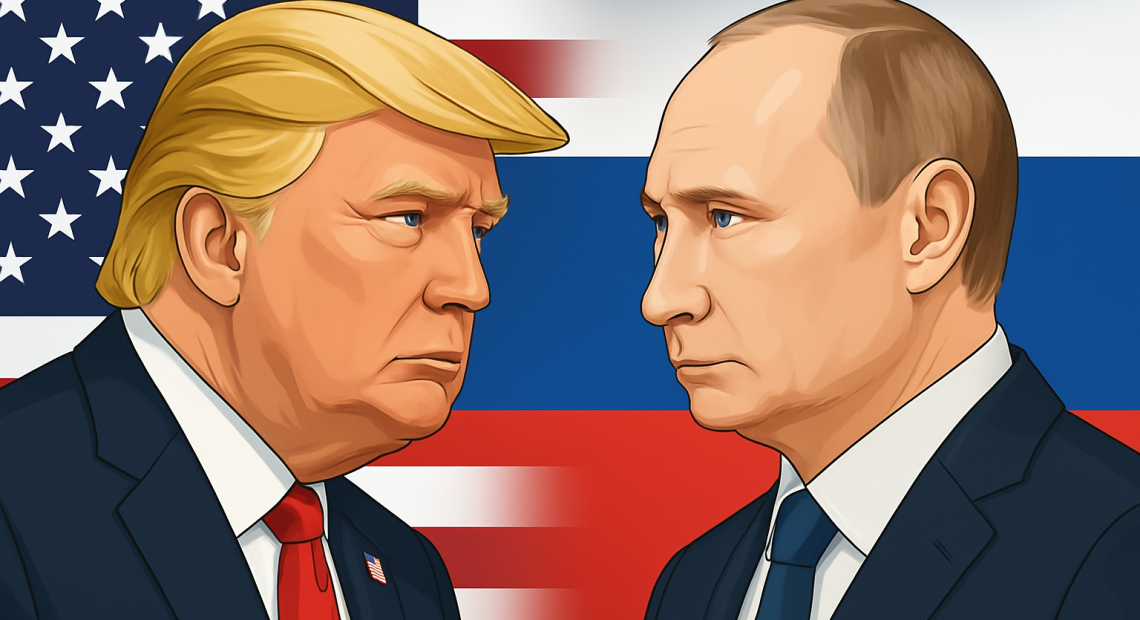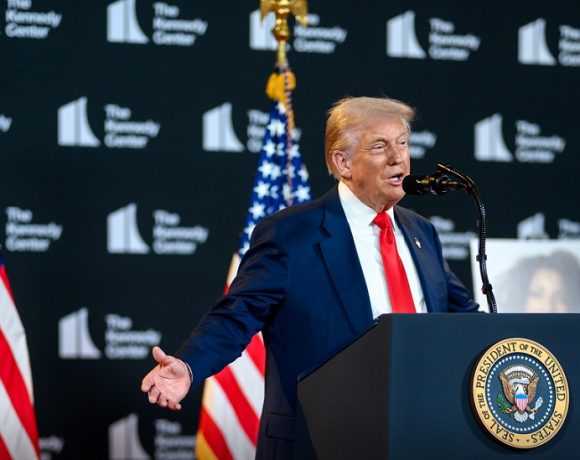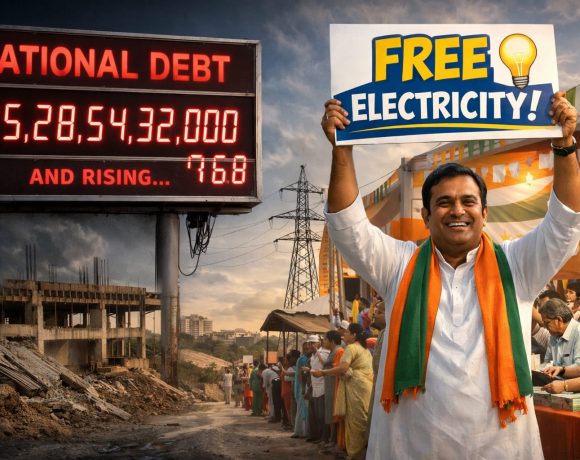
Trump Threatens 10% Tariff on BRICS, Declares “Dollar Is King”
U.S. President Donald Trump has issued a sharp warning to the BRICS bloc, threatening a 10% tariff on all their exports to the United States. The move is part of a renewed push to punish nations that, according to Trump, are attempting to undermine the U.S. dollar’s status as the global reserve currency.
During a Cabinet meeting, Trump declared, “BRICS is getting 10% charge pretty soon.” He accused the group of nations—which includes Brazil, Russia, India, China, South Africa, and newer entrants—of attempting to “destroy” and “degenerate” the U.S. dollar. He added, “The dollar is king… If people want to challenge it… they are going to have to pay a big price.”
BRICS Tariffs
Trump characterized BRICS as weak and lacking cohesion, suggesting they had failed to respond meaningfully to his earlier threats. However, he emphasized that all members involved in any attempt to diminish dollar dominance “are going to have to pay 10% tariff, just for that one thing.”
This rhetoric follows broader proposals by Trump for a sweeping tariff regime that could apply to all U.S. trading partners not aligned with American trade interests. He has already floated the idea of imposing a 25% tariff on certain countries, and his new round of tariffs is expected to be enacted starting August 1 unless fresh trade deals are reached.
Dollar Dominance
The crux of Trump’s warning revolves around safeguarding the global position of the U.S. dollar. He stated that losing this position would be “like losing a major world war,” reinforcing the belief that economic dominance through currency control is a matter of national security. His administration remains committed to maintaining the dollar’s supremacy by penalizing those who challenge it through alternative trade systems or currency partnerships.
Trade Protectionism
The announcement is the latest salvo in Trump’s protectionist agenda, which favors U.S. manufacturing and penalizes outsourcing and import dependence. Trump has routinely blamed previous administrations for allowing trade imbalances to grow and has signaled that a second term would see a return to more aggressive economic nationalism.
Markets responded cautiously, with currency volatility seen in several Asian economies. Analysts warn that Trump’s threats, if carried out, could escalate into a broader trade war, destabilizing global supply chains and increasing inflationary pressures worldwide.
Trump’s strongman tactics, framed as economic defense, come amid BRICS discussions on alternatives to the dollar. While BRICS leaders claim they are not seeking to replace the dollar but only reduce overdependence, the U.S. administration appears to perceive the bloc’s strategy as a direct challenge to American hegemony.
The global economy now stands at a crossroads, with the United States under Trump signaling a hard line against multilateral initiatives and a willingness to wield tariffs as both a negotiating tool and a weapon.


















